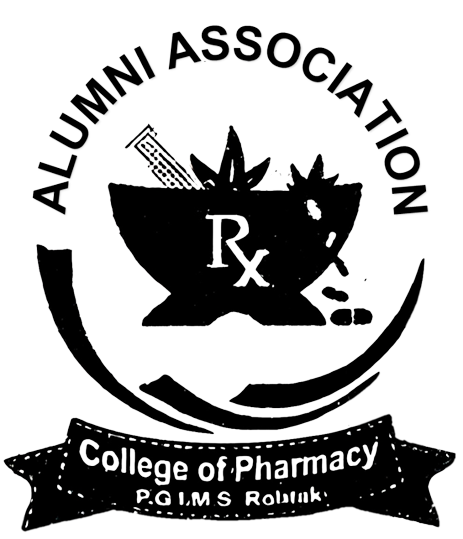Healthcare Team
A healthcare team is a group of people who work together to achieve common health goals and objectives based on the needs of the community. Each member of the team contributes to the goal in a coordinated way, using their skills and expertise while respecting the roles of others.
In all levels of health care, the team works together with multiprofessionals. The healthcare team needs to have a pharmacist because they play a crucial role in managing medications. This has been proven in hospitals and health centres where team approach to patient care is followed.
Pharmacy as Profession
Profession pharmacy is concerned with the art and science of preparing from natural and synthetic sources, suitable and convenient material for distribution and use in the treatment and prevention of disease. The pharmacy provides knowledge of identification, selection, synthesis, pharmacological action, and formulation of drugs and medicines.
Pharmacy also includes proper use and safe distribution of drugs.
Skills of Pharmacist
Pharmacists are uniquely qualified for their expertise in various aspects of the pharmaceutical industry and are responsible for providing rational use of medicine because they
-
Understand how to ensure the quality of medicines.
-
Know how to efficiently manage stocks and the process of distribution.
-
Are knowledgeable about pricing structures in their markets and have a lot of technical information about the products available.
-
Can offer advice to patients with minor illness and those with chronic conditions.
-
Serve as a link between prescribing and selling medicines, avoiding any conflicts of interest.
Evolution of the Pharmacist’s Role in Healthcare :
Pharmacists are drug experts in society. Pharmacists have long been associated with the preparation and dispensing of medications, but their roles have expanded significantly. They are increasingly recognized as integral to improving patient outcomes by contributing their specialized knowledge on medications, therapeutic strategies, and potential side effects.
(Image source: Microsoft Designer)
Principal task of the modern pharmacist
It is to identify, resolve and prevent drug-related problems. Pharmacists are well-versed with drugs, so they are experts in resolving, recognizing, and preventing drug-related problems. Pharmacists are often responsible for preventing medication errors, yet many drug mishaps occur beyond the walls of the pharmacy.
As part of an interdisciplinary team
Pharmacists support patients, families, and clinicians in understanding and managing pharmaceutical treatment plans. Pharmacists can recommend cost-effective medications and provide counseling to patients regarding drug treatment.
First point of contact
Being the first point of contact pharmacist are integral to our health-care systems, often for health advice and primary health care, as well as addressing the health needs of our populations in many varied ways, as demonstrated during the COVID-19 pandemic, pharmacists are at the forefront of addressing regional and global health crises.
Crucial role of a pharmacist
To provide direct care to patients by promoting the appropriate use of medication and suggesting cost-effective options like generic drugs, prescribing and offering pharmaceutical care services, which are important for patient well-being.
Pharmacists work hard to create and provide high-quality drugs to help in relieving people’s pain and suffering.
Pharmacists address health needs by
-
Patient care and public health promotion.
-
Promoting disease prevention through actions like vaccinations and health screenings.
-
Educate patients on health matters, support public health awareness initiatives.
-
Being a part of research and innovation for new drugs as a clinical pharmacist or researcher.
-
Pharmacovigilance, ensuring safe and effective medication use.
-
Forefront of addressing local and global health emergencies.
-
Preparing drugs in suitable forms and testing their bioavailability.
-
Advocate for environmentally friendly practices in their work and push for policy reforms to improve health outcomes.
-
Ensuring medications and medical devices availability and providing advice on their use.
Crafted by: Subham Yadav

